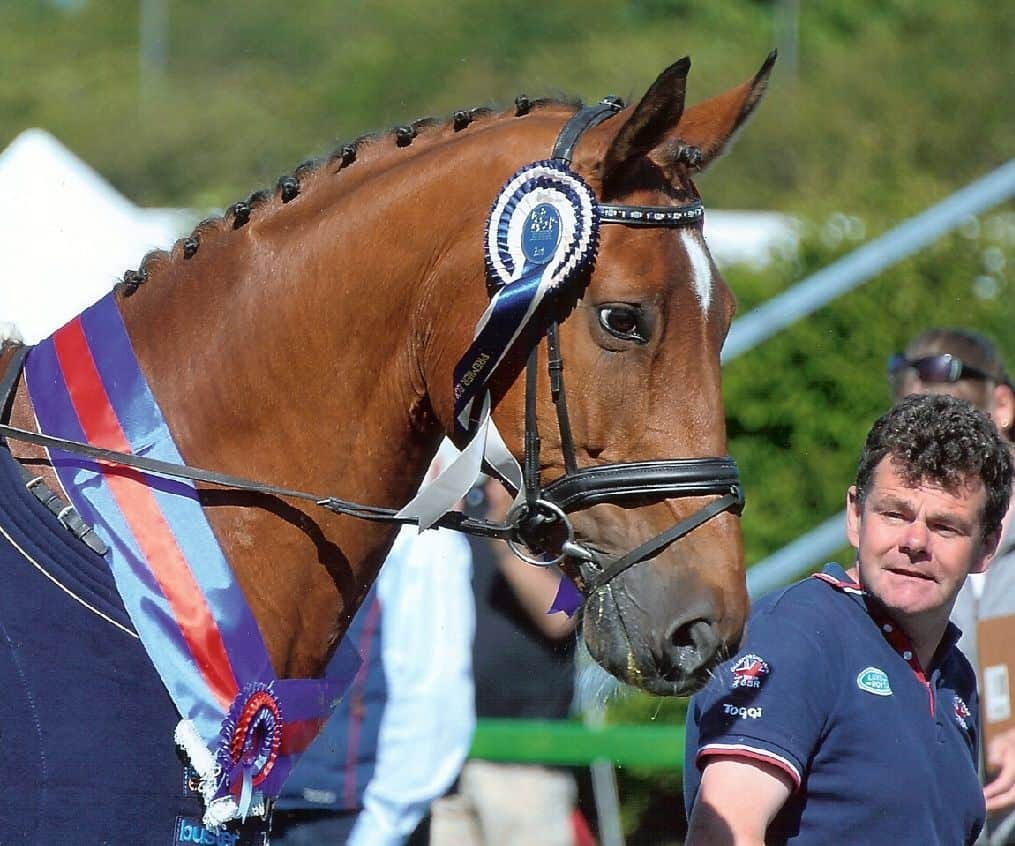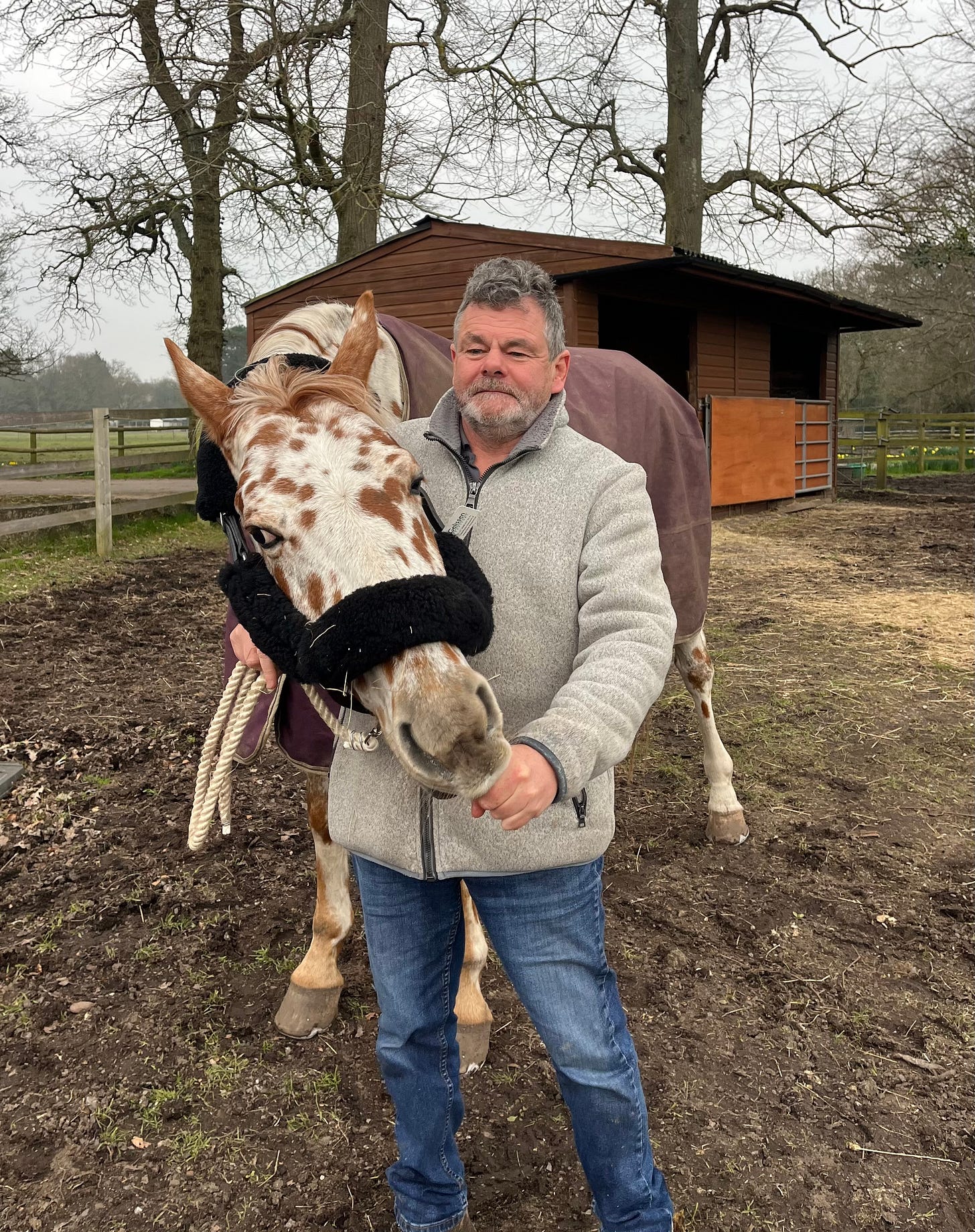Paralympic Coach Clive Milkins: ‘Sports is Therapy’
How two GB riders achieved their dreams through the RDA
Para Dressage riders Natasha Baker and Sophie Christiansen (CBE) are both in line to compete for Team GB in the Paris 2024 Paralympic Games. Previous successes for Baker include two gold medals at the 2011 European Championships, two gold medals at the 2012 London Paralympic Games and three gold medals at the 2016 Rio Games. At age 14, Baker suffered from a virus called transverse myelitis which left her with permanent nerve damage and the inability to walk. This did not stop her passion for horses; however, it remained a challenge finding a riding stable suitable to cater her situation, until her physio recommended the Riding For the Disabled Association (RDA).
Christiansen was born with cerebral palsy. At the age of six, she also began riding at the South Bucks RDA as a form of therapy. Since then, she has gone on to win three gold medals at the 2012 and 2016 Paralympic Games. Both riders were coached by renowned Paralympic coach, Clive Milkins, who now works for the Canadian Paralympic Team.
The South Bucks RDA is a charity based in Slough. It provides the opportunity for disabled people to ride and interact with horses, promoting therapeutic and health benefits. Weekly, the charity sees at least 100 individuals. The Chairman, Di Redfern, who has worked for the RDA since 1969, spoke to us about some of the benefits that participants experience. Redfern said “the biggest thing that all riders gain from horse riding is confidence. It doesn't matter whether they're physically handicapped or emotionally disturbed, they all benefit in confidence. It gives them more confidence to go into the outside world, and you change them as a person for giving them that.”
The charity provides different approaches to teaching tailored to individual needs. “For a physical disability, they may not be able to sit on a horse normally and you have to accommodate that. Some riders may need narrow horses if they have tight adductors, some riders need a wider base of support.”
Di Redfern introduced Milkins to the RDA after he suffered from a head injury after being run over by a horse. Initially, she offered him a job as an instructor, to which he declined after ‘it wasn’t his style.’ However, they made him teach a lady who Milkins described as having a ‘slightly peculiar position’ but was unaware of her disability. She then got off into a wheelchair. Since then, he has been a part of para riding for 30 years. Milkins provides teaching across the world for para riders but still remains closely associated with South Bucks. Last month, he was back for a teaching clinic program. I met Milkins here for an exclusive interview on his experience with the RDA and to discuss the upcoming Paralympics.
Milkins clinics are designed to improve dressage skills for rising athletes. They include horse training, rider training and knowledge development. He says “dressage is based around riding an accurate floor plan. The word dressage means to train them. So it is parallel training for anybody. It is the degree of difficulty that is different because of the impairment in our athletes. Therefore, when we do clinics here, it’s about how to ride a dressage test correctly.”
As well as providing therapeutic benefits, the RDA offers specific skills for disabled individuals who are looking to pursue elite level sport. Milkins explains “because riding is a physical exercise, the physical skill, developing coordination, balance, range of movement, symmetry and learning to control their body, that to me is what we are teaching in Para Dressage.”
With the 2024 Paralympic games in sight, riders have been busy competing at international competitions. The squad will be selected by the voting selectors of the British Dressage and then nominated to the British Paralympic Association. Having taught two of the riders who have been nominated for team GB, we asked Milkins his predictions. “I have a fair idea of who will be on the British team. All team coaches around the world have got to be fair and the only way of being fair is to look on good results.” Although his opinions remained relatively disclosed, when asked about Bakers chances, Milkins said ‘as an international observer, you’d never be against her.” Redfern followed up on this with “she does her homework. She’s not been out since she had her baby, but the horse has been kept fit professionally so all should be okay.” Team selections will be discussed in June and then announced in July.
After an interview with international Para Dressage rider Elan Haf Williams, who ironically is coached by Sophie Christensen, she stated “without the RDA, I wouldn’t be the rider I am today.” She also urged for people who are thinking about joining to do it. Williams hopes to one day qualify for the Paralympics. To apply for a space at the RDA, the process requires participants to get in touch with their local centre and then fill out an application form. Riders can then have weekly lessons with the intention of experiencing the therapeutic benefits, or to learn dressage and become the next top para-athlete.
After the Paralympics, Milkins and Redfern are expecting an influx of people inspired by the Para Dressage. Therefore, to accommodate this, the charity encourages people to help support with donations, volunteering and fundraising to ensure they can continue helping the lives of thousands of children and adults with disabilities.
For more information, visit





